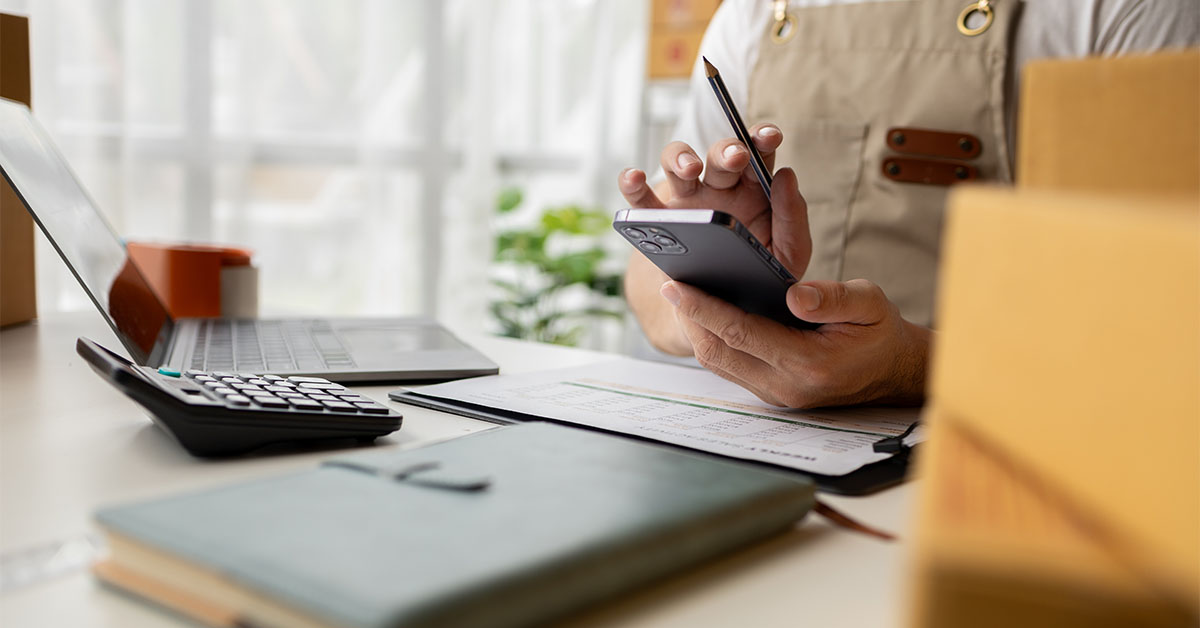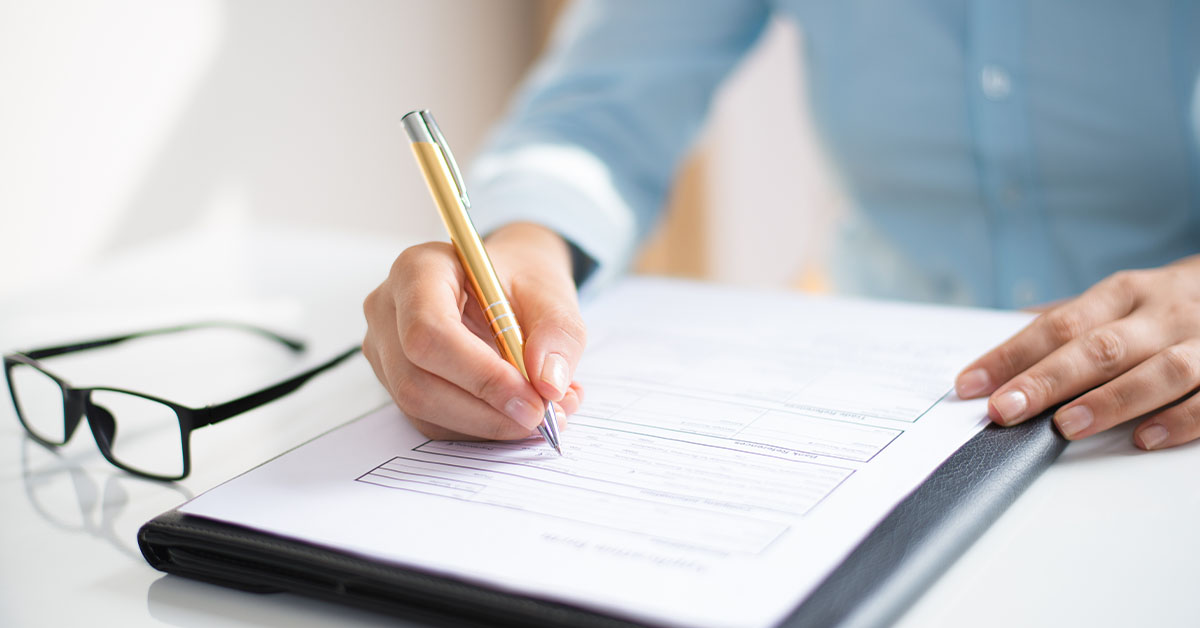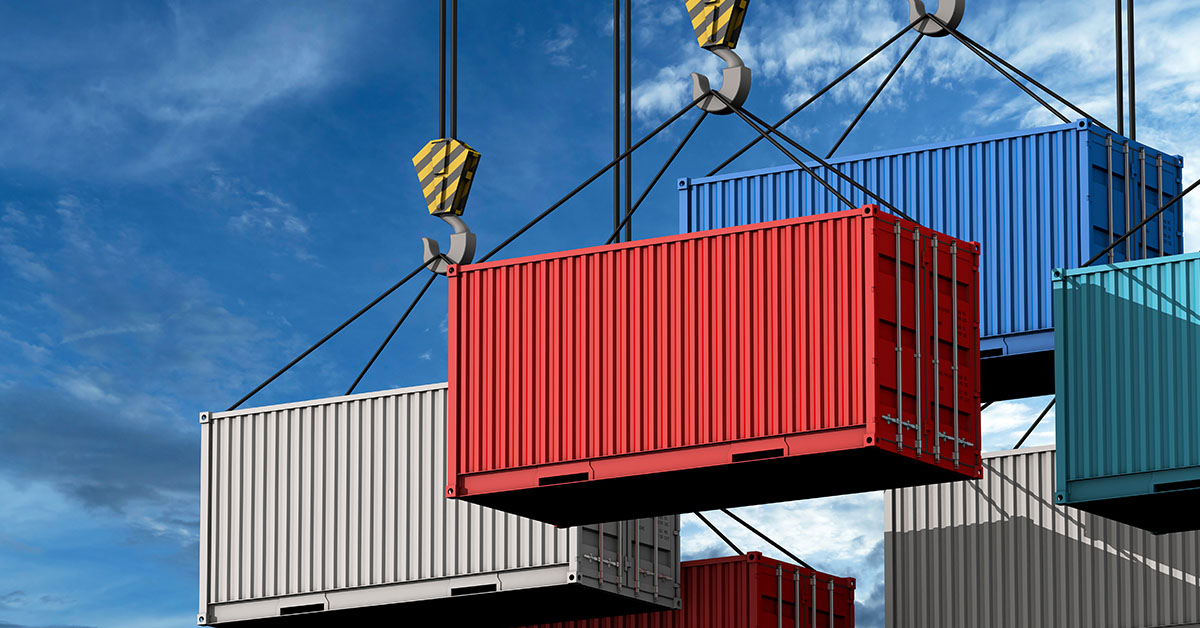The new Customs Declaration Service (CDS) is mandatory for all UK import clearances from 1st October 2022.
Until recently, HM Revenue and Customs’ (HMRC) Customs Handling of Import and Export Freight (CHIEF) system has been at the forefront of customs declarations in the UK.
But the existing CHIEF customs declaration system is closing in the UK, with the last day of operation being today, September 30th. All import declarations from October 1st onwards will need to be submitted via the new Customs Declaration Service (CDS).
To avoid the risk of being unable to import goods into the UK from tomorrow (October 1st ), you must be signed up with CDS.
Why is CDS sign up necessary?
CDS is a system that HMRC have developed to process customs declarations in a highly efficient manner. It is founded on world-leading technology and has been implemented in line with government plans to have a fully digitalised border.
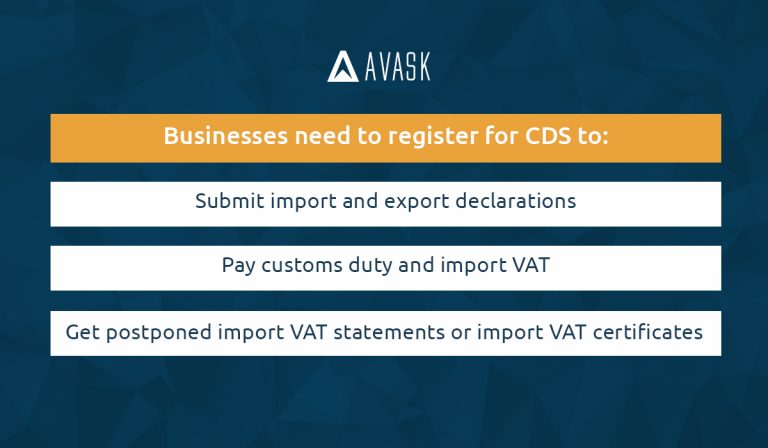
But how will this new cutting-edge system change customs declarations in the UK from October 1st? Let’s take a closer look.
C79 certificates will no longer be sent in the post
If you physically pay import VAT at the border, a C79 certificate is produced and posted by HMRC to detail the receipt of the import VAT payments. These certificates are then required to make a lawful reclaim of import VAT.
From October 1st, C79 certificates will no longer be sent in the post – instead, a digital version of the C79 certificate will be uploaded to the trader’s dedicated Customs Financial Account.
The trader will have access to this once the sign up for CDS has completed and it is vital that C79 certificates are easily accessible.
Digital PVA statements
As well as digital versions of C79 certificates, the Customs Financial Account will also house digital versions of Postponed VAT Accounting (PVA) statements. These statements are necessary for the accurate declaration of import VAT where PVA has been utilised at the border.
Dedicated cash account
Finally, a dedicated cash account will be available to the trader within their Customs Financial Account. The cash account can be topped up and used for payment of import VAT/duties automatically, should the trader opt for this. Authority can also be granted for a shipping agent to use this on the trader’s behalf.
Why are you still physically paying import VAT? Utilise PVA!
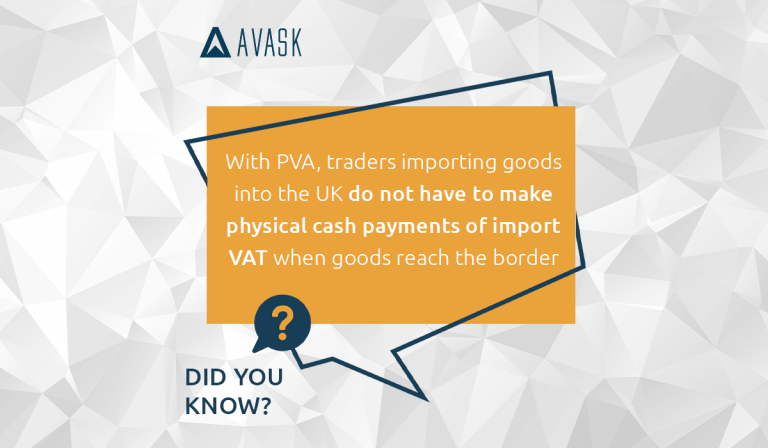
Postponed VAT Accounting (PVA) has been available to traders in the UK since January 2021.
When PVA is utilised, traders importing goods into the UK do not have to make physical cash payments of import VAT when goods reach the border. Instead, PVA allows for the payment of import VAT to be postponed, to be accounted for on the UK VAT return as VAT payable and VAT reclaimable, resulting in a NIL effect.
PVA removes the requirement of physically paying the import VAT up-front at customs. It will be reclaimed on the UK VAT return via C79 at a later date.
Simply advise your shipper that this is your preferred method of clearance to utilise the obvious cash-flow benefits of PVA.
How can AVASK help?
Whether you continue to pay import VAT at the border or opt for PVA, you must register for CDS to continue efficiently importing into the UK.
If you do require assistance with the CDS registration process, our team of experts can assist with registration and can execute this process on your behalf. AVASK has a dedicated customs team which can help with all your customs declarations needs, leaving you to focus on running your business.
Tel: +44 (0)23 8060 0120
Email: enquiries@avask.co.uk
